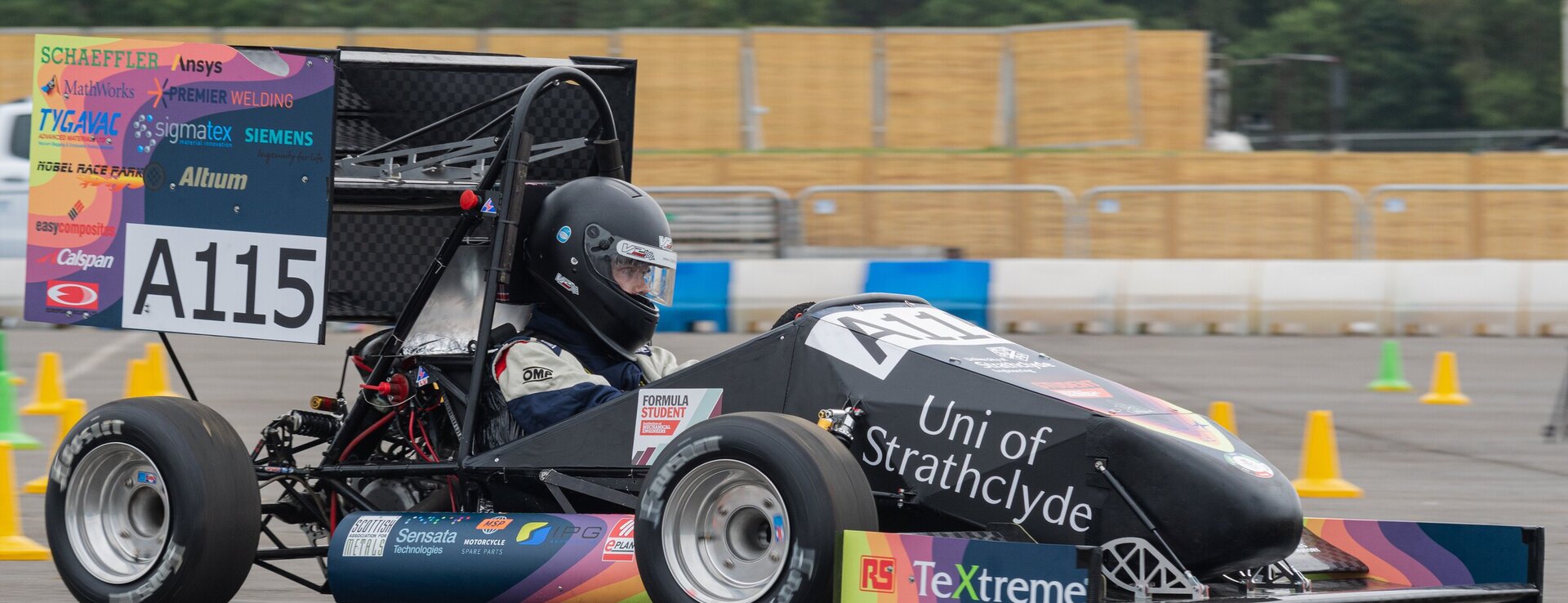As a grizzled old engineer once intoned with great foreboding, the invention of the internal combustion engine will turn out to be the single biggest cause of environmental destruction in the history of the planet.
While this is an example of extreme gloom and doom, in terms of pollution, conventional motor vehicles account for 30% of global carbon emissions so eradicating them is viewed as a quick win to combat climate change.
Sales of electric cars are leading the new car market
Electrification of transport is seen as the best way forward so now we are now involved in a race towards zero up against a looming ban on sales of new petrol & diesel cars is just under 8 short years away.
Of course, the 2030 date is all government directed leaving the practicalities of how an all-electric future is achieved to the manufacturers and privately funded organisations who will fast track the charging network, build the Gigafactories and manage the not so green recycling of EVs; on top of the definitely not green sourcing of the huge amount of rare earth metals and minerals required to build the batteries.
That said, sales of electric cars are leading the new car market and even the used electric car market is thriving. So far this is already making an impact with the SMMT reporting earlier in the month that Average new car CO2 emissions fell by 11.2%.This is down to a switch to electric cars but the sensible hybrid is also making a difference and yet this breed of car with its ability to deliver the best of both worlds is also on the way out just five years after the rest of ICE cars.
Hydrogen and synthetic fuelled vehicles offer a viable alternative
Not all forward thinkers are putting all their eggs in an electric basket because they realise when transitioning from one established technology to another fledgling technology, there has to be something in between. Happily, this is an exciting time where hydrogen and synthetic fuelled vehicles are able to offer a viable alternative.
The roll out of electrification to other sectors is still some off with the likes of heavy-duty construction machinery more suited to hydrogen than puny electric. Tesco is introducing electric HGVs to its fleet but wisely they are going for smaller regional trials over shorter distances starting off in Wales where there is 30 miles between depots with charging points. In other words, electrification when it makes sense.
Is it definitely end of the internal combustion engine?
Whatever the plan, when it finally comes together it has to be interconnected and flexible not the least because if everyone has to drop ICE and has no means of accessing electric personal transport, it will be the end of democracy for the car owning public.
Plus, with the news that oil giant bp is investing in Green Biofuels it becomes more likely we can retain the technology but just put a clean propellant in the tank. So, we need to ask ourselves: are we really sure it’s the end of the internal combustion engine?
Photo credit:
Photo by the blowup on Unsplash
Do you have a question for us?
Do you have a specific question for us that hasn’t been covered?
Drop us a line at sales@spalautomotive.co.uk or call Technical Sales Support on 01905 613 714.




